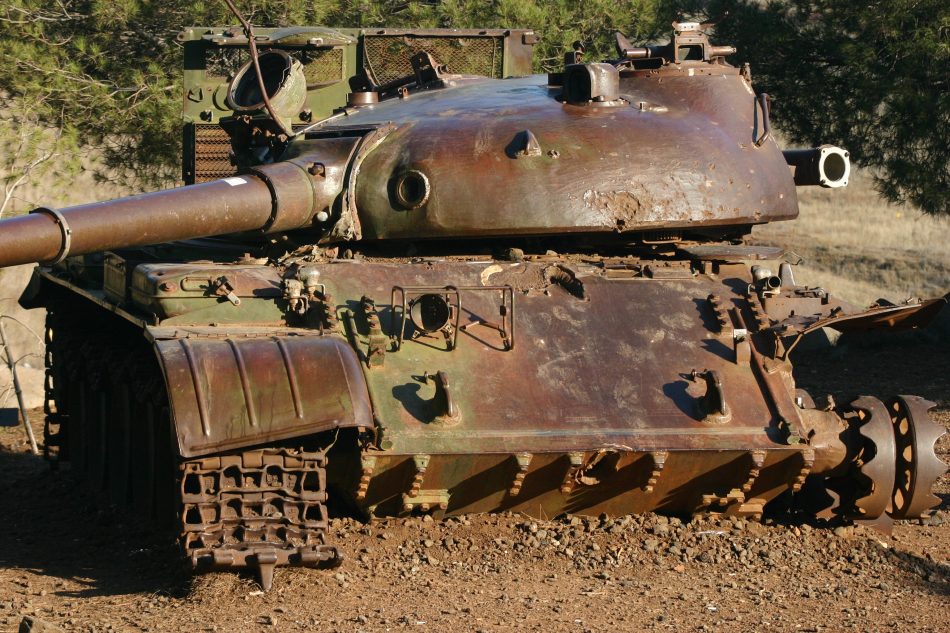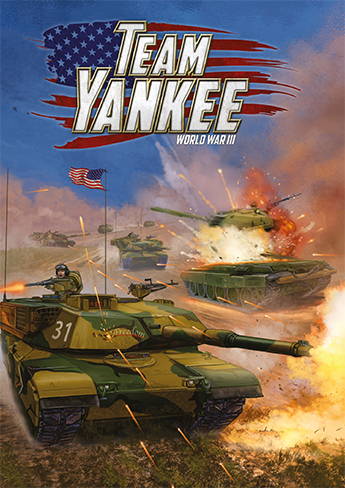Fate of a Nation: SYRIA
Syria has been in the news quite a bit in the last few years, an area known for conflict and unrest continues to cover the front pages of newspapers. This isn’t about all the modern issues plaguing that area, today we look at Syrian forces from almost 50 years ago. In 1967, three Syrian divisions moved into an area known as the Purple Line. This line on a map served as the ceasefire line after the nations of Syria, Egypt and Jordan were defeated in 1967. Israel captured the entire region of the Golan Heights, a place where my dad actually deployed to on two separate occasions in the 1990’s. This ‘border’ is the official divisional line between Syria and Israel and is still monitored by the UN to ensure stability in the region.

You would have seen many wrecks like this one after this coordinated attack in 1973

 by Tom Burgess
by Tom Burgess
 The folks from have yet another new release that many of us have been waiting for. A few years ago, we saw the first venture into the Arab-Israeli conflict with the original Fate of a Nation book which focused on the 1967 war, now in 2018 we revisit the strife-torn region and expand the conflict beyond the Six-Day War.
The folks from have yet another new release that many of us have been waiting for. A few years ago, we saw the first venture into the Arab-Israeli conflict with the original Fate of a Nation book which focused on the 1967 war, now in 2018 we revisit the strife-torn region and expand the conflict beyond the Six-Day War.